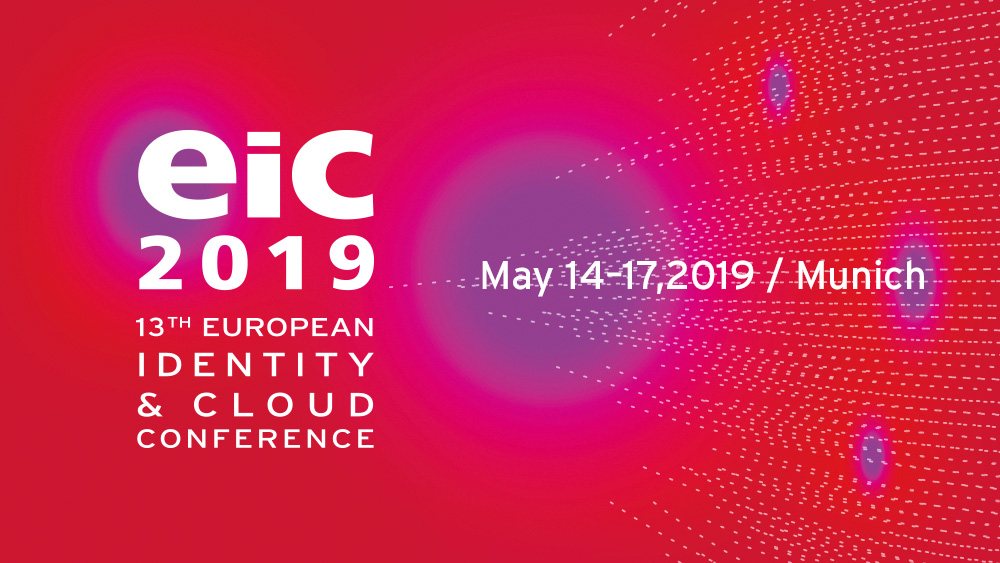This week I had an opportunity to visit the city of Tel Aviv, Israel to attend one of the Microsoft Ignite | The Tour events the company is organizing to bring the latest information about their new products and technologies closer to IT professionals around the world. Granted, the Tour includes other cities closer to home as well, but the one in Tel Aviv was supposed to have an especially strong focus on security and the weather in January is so warm, so here I was!
I do have to confess however that the first day was somewhat boring– although I could imagine that around 2000 visitors were enjoying the show, for me as an analyst most of the information presented in sessions wasn’t really that new. But on the second day, we have visited the Microsoft Israel Development Center in nearby Herzliya and had a chance to talk directly to people leading the development of some of the most interesting products from Microsoft’s security portfolio.
At this moment some readers would probably ask me: wait a minute, are you suggesting that Microsoft is really a security vendor, let alone the best one? Well, that’s where it starts getting interesting! In one of the sessions, the speaker made a strong point for the notion of “good enough security”, explaining that most end-user companies do not really need the best of breed security products, because they’ll eventually end up with a massive number of disjointed tools that need to be managed separately.
Not only does it further increase the complexity of your corporate IT infrastructure that is already complex enough without security; these disconnected tools fail to deliver a unified view into everything happening within it and thus are unable to detect the most advanced cyber threats. Instead, he argued, a perfectly integrated solution covering multiple areas of cybersecurity would be more beneficial for most, even if it’s not the best of breed in individual areas. And who was the best opportunity to offer such an integrated solution? Well, Microsoft of course, given their leading positions in several key markets like on endpoints with Windows, in the cloud with Azure and, of course, in the workplace with Office 365.
Now, I’m not sure I like the term “good enough security” and I definitely do not believe that market domination in one area automatically translates into better opportunities in others, but there is actually a grain of truth behind this bold claim. First of all, being present on so many endpoints, cloud computers, mail servers, and other connected systems, Microsoft is able to collect vast amounts of telemetry data that end up in their Intelligent Security Graph – a single database of security events that can provide security insights and threat intelligence.
Second, even though many people still do not realize it, Microsoft has been a proper security vendor for quite some time already. Even though the company was a late starter in many areas, they are quickly closing the gaps in areas like Endpoint Protection or Cloud Security and in others, like Information Protection, they are already ahead of competitors. In recent years, the company has acquired a number of security startups, primarily here in Israel, and making these new products work together seamlessly has been one of their top priorities. This will certainly not happen overnight but talking to the actual developers gave me a strong impression of their motivation and commitment.
Now, Microsoft has an interesting history of working hard for years to win a completely new market, with impressive successes (like Azure or Xbox) and spectacular failures (remember Windows Mobile?). It seems also that technology excellence plays less of a role here than quality marketing. Unfortunately, this is where the company is still falling short – for example, how many potential customers are even considering Windows Defender Advanced Threat Protection for a shortlist of EDR solutions? Do they even know that Windows Defender is a full-featured EPP/EDR solution and not just a basic antivirus it used to be?
It seems to me that the company is still exploring their marketing strategy, judging by the number of new product names and licensing changes I’ve seen during the last year. We’re down to 4 product lines now, but I really wish they’d choose one name and stick to it. In the end, do I think that Microsoft is the best security vendor of them all? Of course not, they still have a very long way to go towards that, and there is no such thing as the single “best” security vendor anyway. But they are definitely already beyond the “good enough” stage.

















































